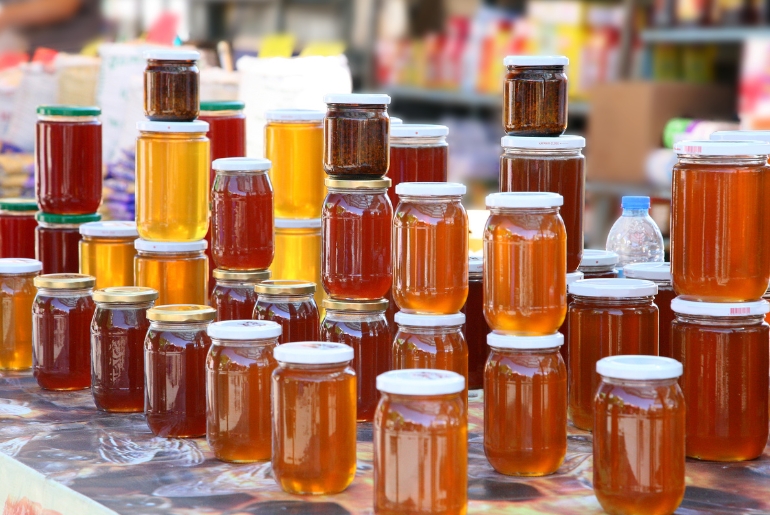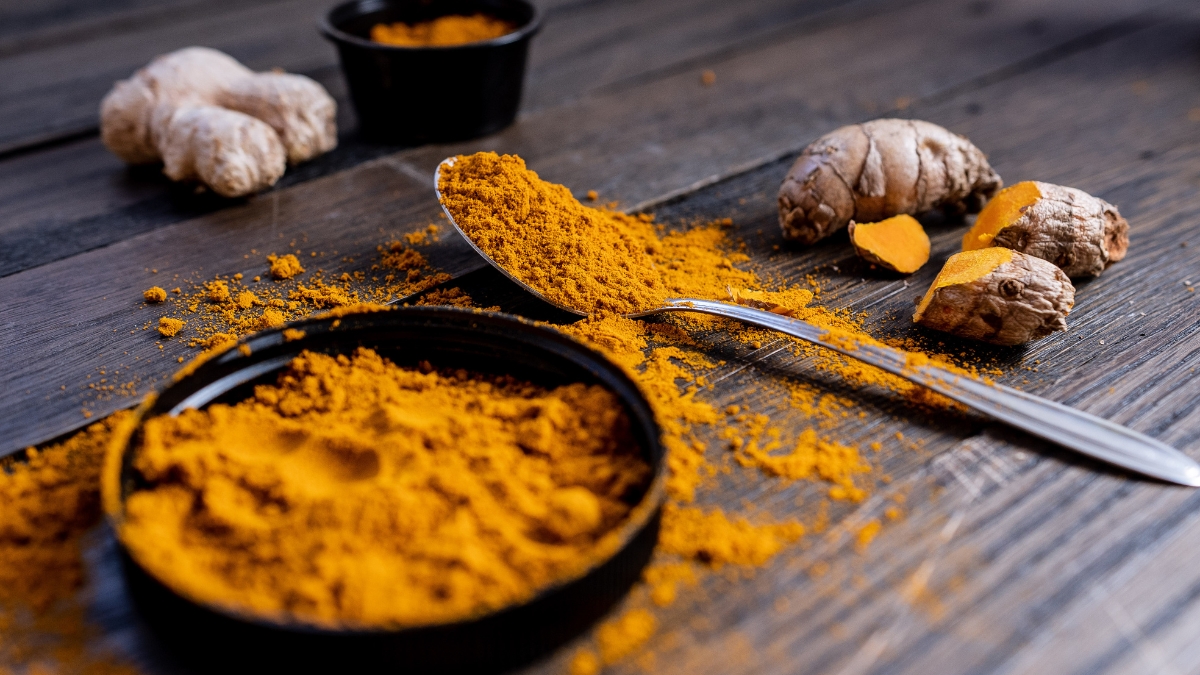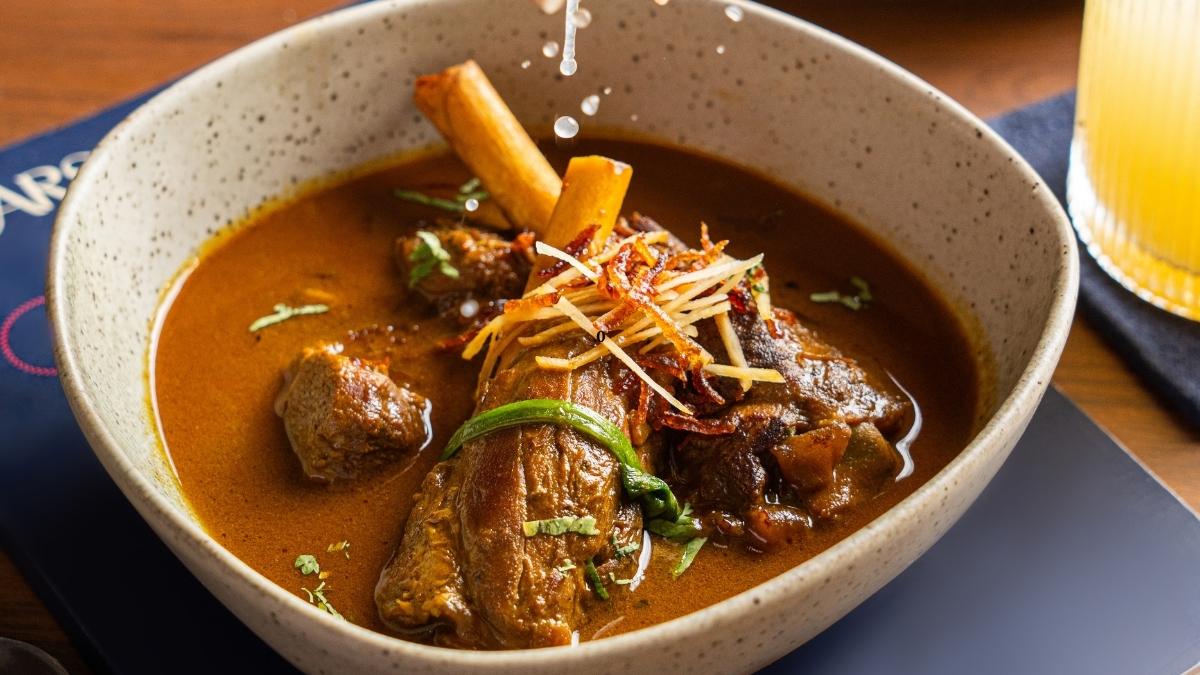Throughout history, civilizations have cherished certain foods not only for their sustenance but also for their remarkable health benefits and nourishing properties. These foods, known as ancient superfoods, have withstood the test of time, transcending generations and cultures to remain relevant even in our modern world. From protein-packed grains to vibrant herbs and oceanic wonders, the allure of ancient superfoods lies in their ability to provide not only sustenance but also a deep connection to our collective human heritage and the timeless pursuit of well-being.
Exploring The Riches Of Ancient Superfoods

Quinoa, the complete protein grain, originated in the Andes region. It was a dietary staple for ancient Inca civilizations. This protein-rich grain boasts all nine essential amino acids, making it a complete protein source. John Fernandes, Flax-Healthy Living’s Brand Chef, shares, “As a protein-packed grain, quinoa remains a beloved choice for health-conscious individuals worldwide due to its exceptional nutritional content.”
Chia seeds are another great example of an ancient superfood, known as a great source of energy. Moreover, Aztec and Mayan civilizations revered chia seeds for their energy-boosting properties. These small seeds pack a punch of omega-3 fatty acids, antioxidants, and fibre. Their ability to provide sustained energy made them valuable endurance foods in the past, and their nutritional potency remains timeless.
Also Read: No Seeds, No Mess In The Kitchen! Now, Cut Bell Peppers In A Jiffy With This Cool Hack
Indulge In Time-Honoured Nutrition

The power and popularity of turmeric are not hidden from the modern world. With a history rooted in Ayurveda and traditional Chinese medicine, it has been used for centuries for its potential health benefits. Its active compound, curcumin, is known for its anti-inflammatory and antioxidant properties. Also, the vibrant hue of turmeric reflects its historical significance and its continued relevance in modern wellness practices.
Referring to nature’s sweet nectar, honey, John Fernandes shares, “Ancient civilisations have used honey for its sweet taste and potential health benefits. It continues to be a popular natural sweetener and remedy today.” Egyptians and Greeks valued honey not only for its flavour but also for its potential healing attributes. The reverence for these ancient superfoods persists through generations, emphasising their role as nature’s gifts to human well-being.
Incorporating these foods into modern diets is a testament to their enduring significance.
Cover Image Courtesy: Canva
First Published: August 23, 2023 6:23 PM



